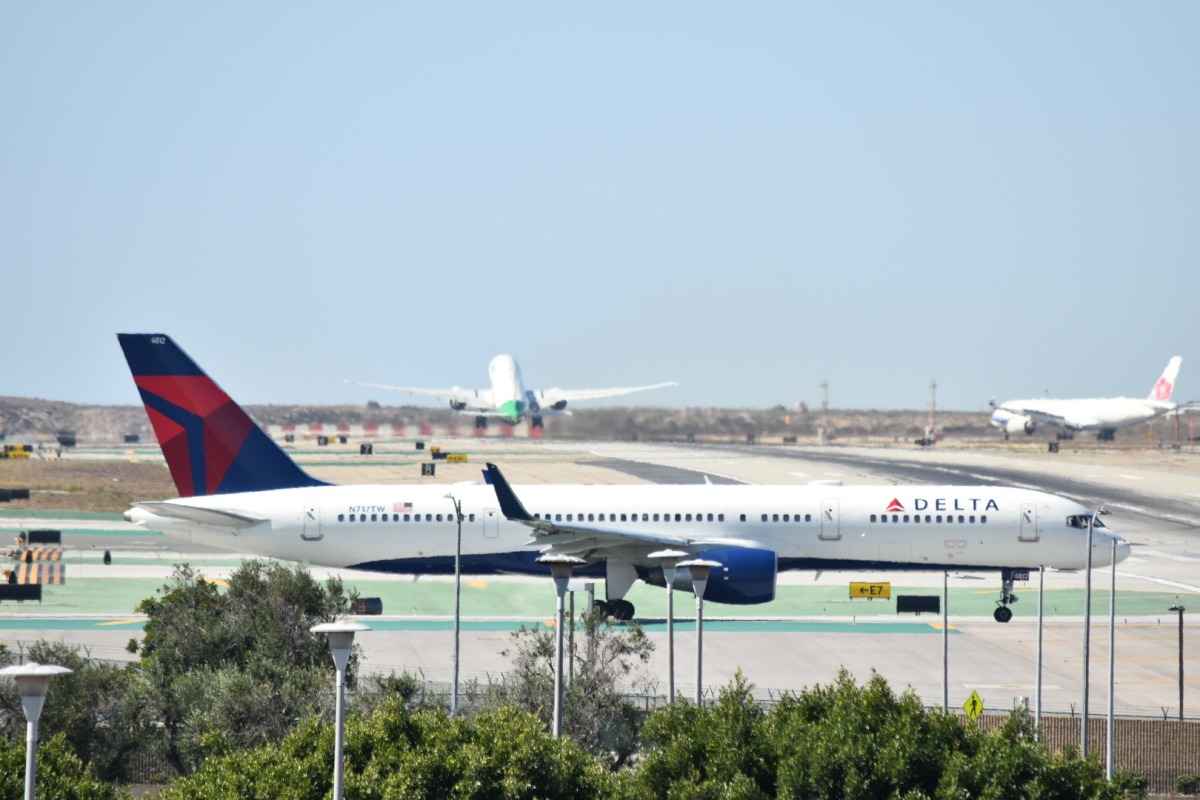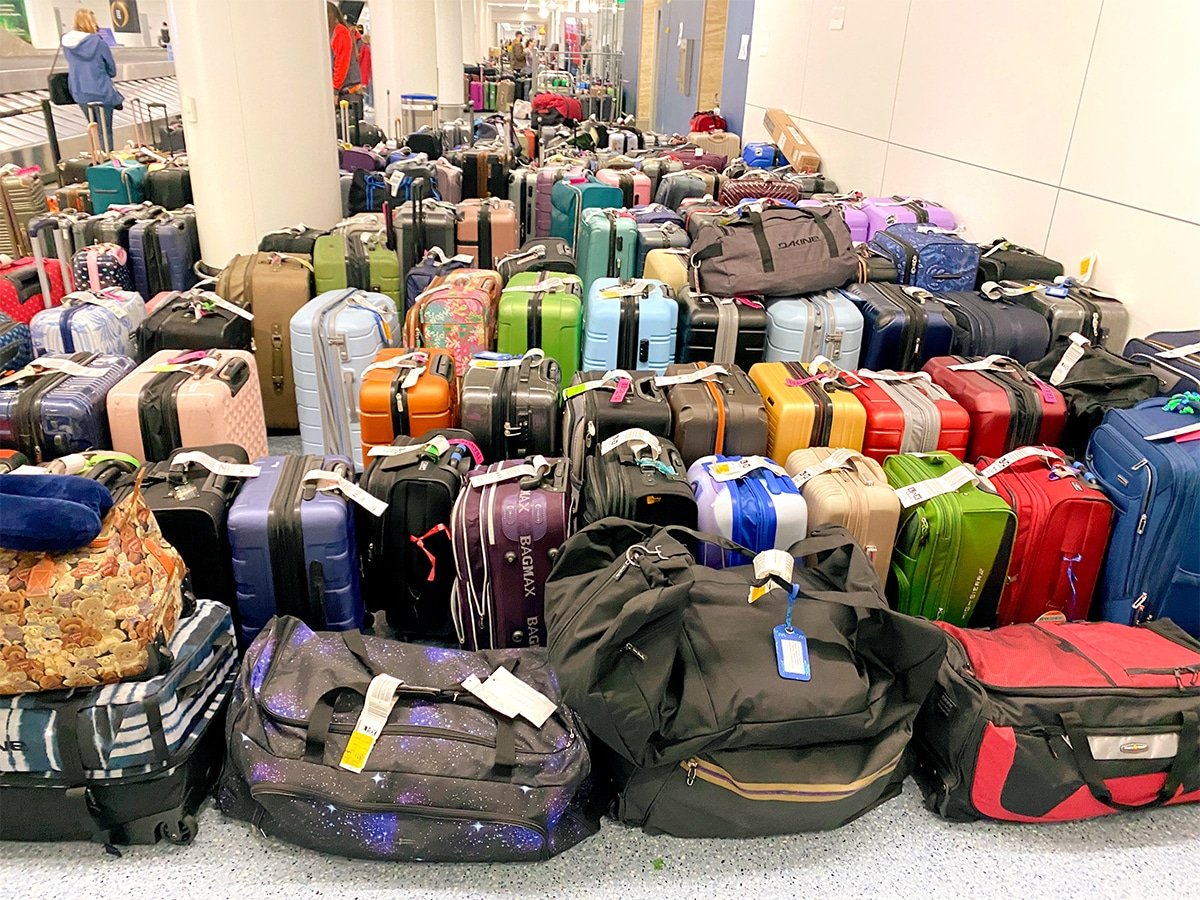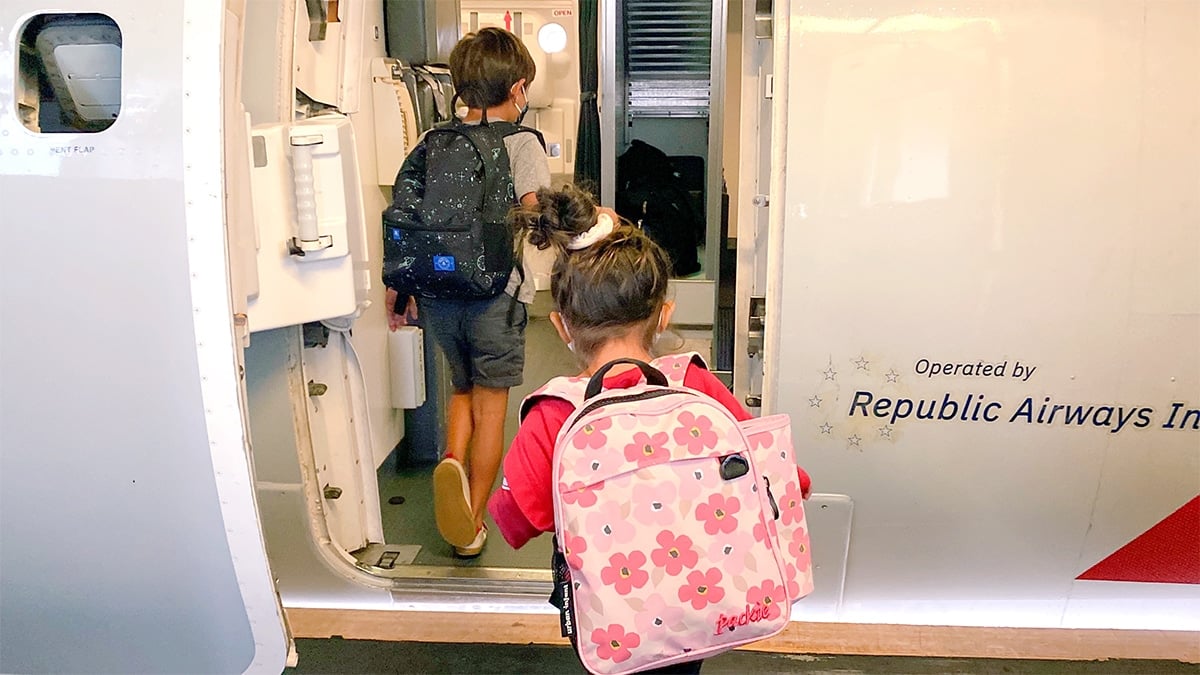 One thing the pandemic has changed regarding my travel advice is that I’m now advising travelers to book their international airline tickets on U.S. carriers. I know what you’re thinking. Why? Most international carriers offer a better product, service, food and friendlier flight attendants. But there are two reasons why I’m advising this:
One thing the pandemic has changed regarding my travel advice is that I’m now advising travelers to book their international airline tickets on U.S. carriers. I know what you’re thinking. Why? Most international carriers offer a better product, service, food and friendlier flight attendants. But there are two reasons why I’m advising this:
1. You Can Easily Change Your Destination
I think we can all agree that one thing the pandemic has taught everyone is that things can change rapidly, from Covid caseloads to entry requirements. That’s why the trip stacking trend really took off in 2021. To refresh your memory, trip stacking is when travelers book back-to-back vacations to more than one location. Here’s more on the popular travel advisor’s trend.
To use trip stacking as an example, let’s say your first choice is to go to Paris and your second choice is Los Angeles. Well, if France has an outbreak or restricts entry for some reason then and you decide to postpone Paris for Los Angeles, you won’t lose or have your money tied up if you book a U.S. carrier instead of an international one like Air France, La Compagnie, Iceland Air, British Airways …
One silver lining that came out of the pandemic is that the airlines got rid of their draconian and ridiculous fees to change a ticket. Sometimes it could cost up to $500 per ticket, which is one main reason why many people flew sick … because they couldn’t afford to cancel or postpone their ticket.
Thanks to today’s flexible bookings, consumers can change their tickets or plans even at the last minute (as long as they didn’t buy basic economy fares) for a full credit to use anywhere the airline flies, usually up to a year after purchase. Always read the fine print. So if you booked a ticket on American, Delta or United to Paris and decide to go to LAX, it will be easy. But if you booked your ticket on an international carrier it won’t be easy since they don’t fly domestically around the U.S.
2. Foreign Carriers Don’t Refund as Fast
The other reason I’m suggesting booking with a U.S. carrier is in case your international airline cancels your flight and refuses to give you your money back in a timely manner (I’m looking at you Air Canada since they did this to me; here’s that story but others were just as guilty). At least you have some grounds to get your money back. Because of foreign airline resistance and a couple of U.S. airlines (ahem, United and JetBlue) to initially refuse to refund American consumers on canceled tickets, the U.S. Department of Transportation (DOT) had to create an enforcement notice to clarify the long-standing law.
“U.S. and foreign airlines remain obligated to provide a prompt refund to passengers for flights to, within, or from the United States when the carrier cancels the passenger’s scheduled flight or makes a significant schedule change and the passenger chooses not to accept the alternative offered by the carrier. The obligation of airlines to provide refunds, including the ticket price and any optional fee charged for services a passenger is unable to use, does not cease when the flight disruptions are outside of the carrier’s control (e.g., a result of government restrictions).”
So that’s why I’m going against what I used to recommend pre-pandemic. Now, booking a U.S. carrier is smart and if you really want to have the flexibility to postpone by years instead of months, then check out Delta’s new extended rules.








Two questions: One – If we book through an American carrier but the flight is designated as a foreign carrier when buying ticket does this rule apply? Two – Hawaiian Airlines insists we can only have a voucher for our fare that was cancelled due to Hawaii closure rules (pandemic.) They will not give us even a voucher for our “extra room” seats – told me that’s not part of actual fare. Recommendations?
Hi Anthony
This is from my travel agent: #1. The plated carries have all the rules.
BUT… Let say BA operated AA Plated has a huge delay, they would be able to apply for any EU delay funds FROM BA!
#2. Ask for a REFUND for the seat fee because the flight was not operated.
This is about paid tickets but similar advice can apply to award tickets.
I have transferrable points from Amex and Chase and accounts with balances with United, American and Delta. I also belong to any number of foreign frequent flyer programs to which I can transfer points if I want.
Although I could transfer my points to these foreign carrier programs for some cheaper award tickets, I am not currently willing to do so. I’ve already had to cancel several award tickets booked from my United and American accounts – no fees now (I have zero status in any airline program) and the miles are returned there for me to make new award bookings. These have awards have been on partner foreign carriers, but only booked via my UA and AA accounts.
Sure, I could have transferred points to Singapore for my Asia flights, but when my trip was cancelled due to COVID, my miles would have been stuck there with a 3 year expiration clock ticking away. Since we only take 2 big trips a year (and haven’t been anywhere since Nov. 2019), right now I am willing to forego an award sweet spot that might strand my miles in a program I may not be likely to use any other time soon.
One big reason to use foreign carriers (at least when travelling to Europe) is EU 261. It provides *FAR* more rights to passengers than US provisions do.